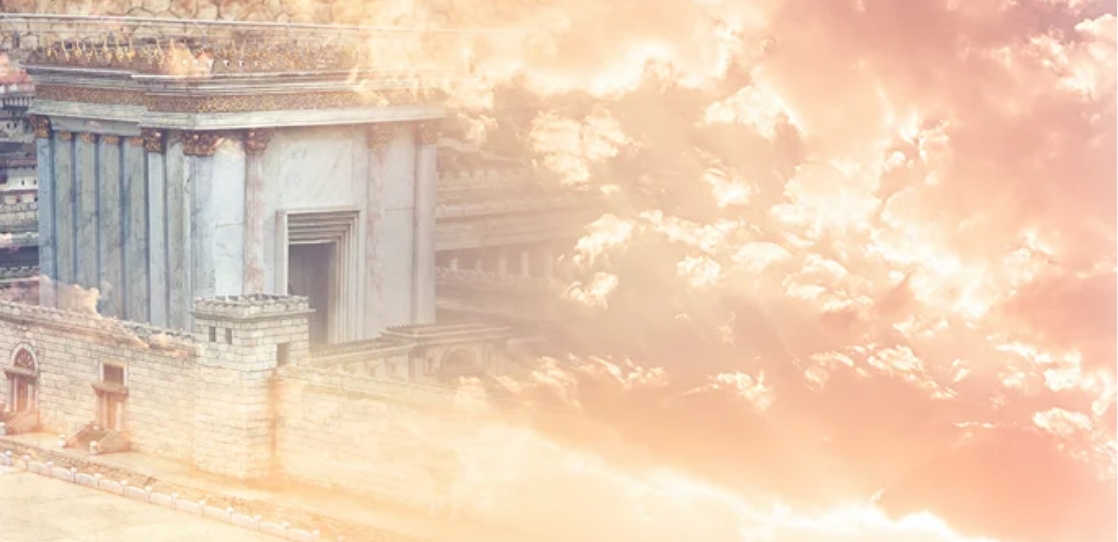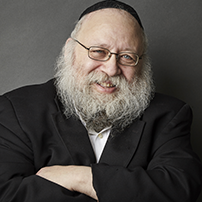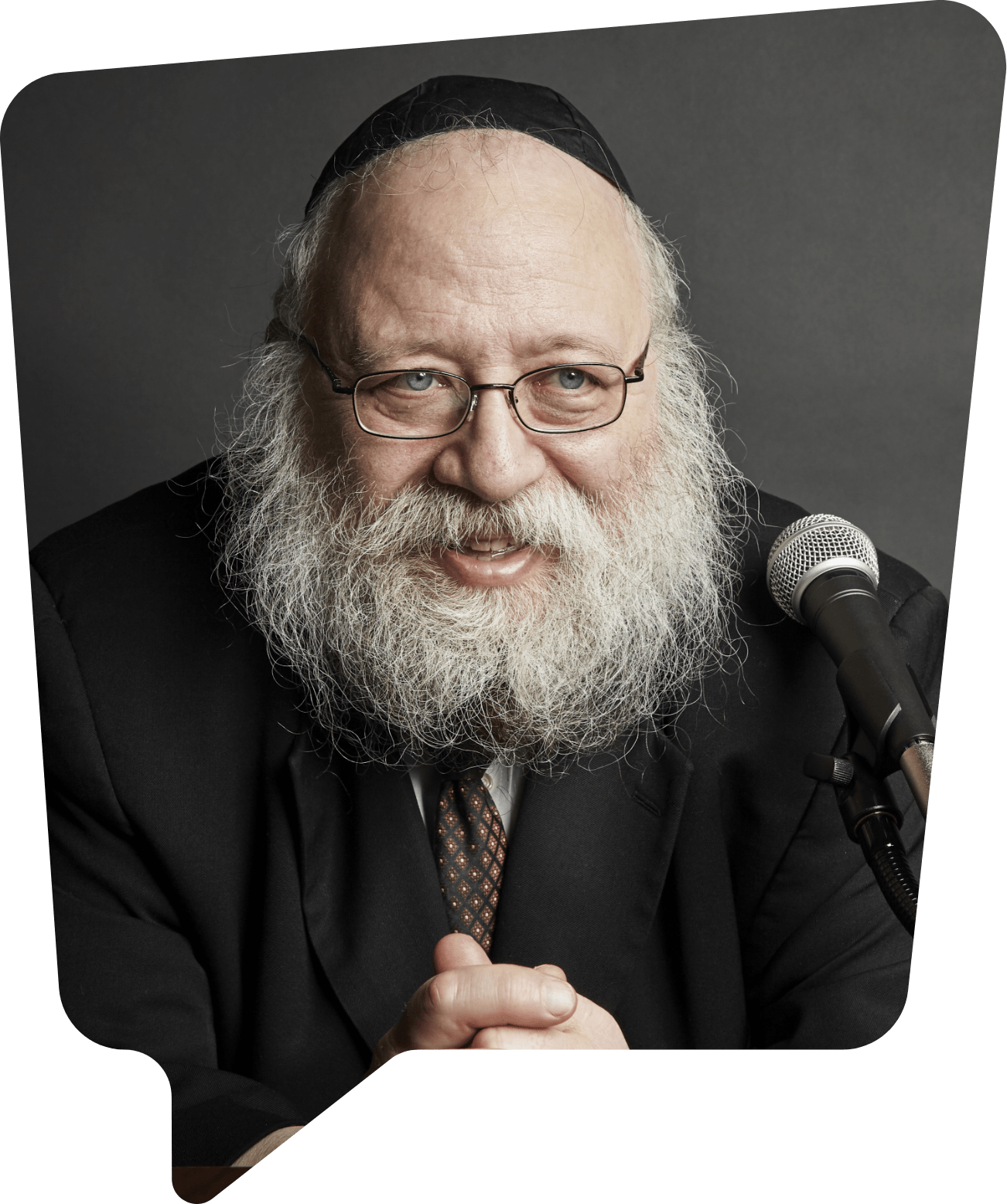
Our minds and hearts have been numbed.
We have all become victims of history’s most heinous terrorists act.
We are now grieving for the horrendous loss of precious life. And at this time so many questions plague us. But, it is the one question that stands head and shoulders above all others that every thinking and feeling person asks in one form or another.
Why?
How could this unspeakable atrocity have occurred?
Why did G-d allow this to happen?
Truth be told, most of us do not want to hear a philosophical explanation for this catastrophe. What appears to be a question is actually our way of expressing feelings of pain and anguish. What we do want is for G-d to take us into His embrace and comfort us. The question is a thinly veiled way of asking for Moshiach and Redemption; a time that is characterized by the manifestation of G-d’s presence in this world; when evil will be relegated to the history books.
Insofar as the philosophical question is concerned, we must admit that there can be no rational explanation that we will accept. And we must also come to the realization that we cannot possibly understand G-d’s ways. Providentially, the Torah reading of this week’s Parsha that coincided with the day of the attack states: “The hidden matters are for G-d our G-d.”
Nevertheless, in light of the Ba’al Shem Tov’s teaching that everything that we hear or see must serve as a lesson for us, we must seek to answer one question — particularly as this event occurred at the juncture between the “old” year 5761 and the new year 5762.
The question is:
What should be our response to all of this?
Indeed, it appears that there are several key responses as to what we should and should not do.
First, we cannot and must not despair!
For us to despair is to give the forces of evil the victory they desire.
And in truth there is no reason to despair. For while the forces of unmitigated evil have wreaked havoc on the bodies and buildings of thousands of Americans; evil cannot and will not destroy the spirit of our nation and the souls of its victims.
And because this was evil’s unprecedented attempt at destroying our nation and indeed the civilized world, we must do everything to respond to that evil by unprecedented acts of goodness and holiness. To be sure, those who can assist with the rescue effort should assist, those who can give blood should give, those who can comfort the relatives of those who were lost should, by all means, do it.
But, I suspect, that much more is expected of us at this time.
To appreciate what it is that is demanded of us we must not delude ourselves. This is war! And we must all mobilize ourselves to fight this evil by doing unprecedented good.
As Jews, however, we cannot stop and be content with general acts of goodness. We must do that and more. For this assault, though directed against the U.S. and civilization the way we know it, was also intended to hurt the Jewish people and the Land of Israel in particular.
And if the attack was against our Jewishness, we must also respond resoundingly by an increase in our Jewishness. More Torah study, more observance of the commandments, more Tzedakah, more support of Jewish educational institutions, etc.
And while we cannot possible make sense of this colossal tragedy; we must realize that it was part of evil’s last stand against the forces of goodness and holiness before the onset of the Redemption through Moshiach.
Maimonides formulated the Thirteen Principles of Faith that form the foundation of Judaism. One of these principles is to believe that Moshiach — a human Jewish leader steeped in Torah knowledge and deeply committed to the practice of Judaism — will, with G-d’s help, of course, usher in an age of peace that will also involve the return of all Jews to the Land of Israel.
However, the road to this age of peace has been a rocky one, punctuated with millennia of hardship and persecution for the Jewish people. Our Sages of old, based on Biblical texts, have also informed us that the final struggle that we will have to endure will involve the struggle for Jerusalem.
Recent events have made it clear that the world is at a crossroad. One direction is the direction of the forces of hatred and evil and the other is a world of holiness and peace. Part of the process of bringing about the Redemption is to believe in it, anticipate it, yearn for it and live in accordance with its goals.
Indeed, many have publicized prophetic statements made by our Sages in the Midrash and Zohar that speak of an attack of Arabs against a great city in which large towers and buildings will be toppled. All of these tumultuous events, the Midrash and Zohar conclude, are a prelude to the coming of Moshiach.
As valid as these prophecies are, exactly ten years ago, our generation has heard an explicit prophecy concerning the imminence of Moshiach’s arrival. In an unprecedented statement, the Lubavitcher Rebbe. invoking the power of prophecy, proclaimed that Moshiach’s coming is imminent! The Rebbe asked that this message be publicized throughout the world.
Returning to the question of why, the truth be stated, most of us do not want to hear a philosophical explanation for this catastrophe. What we do want is for G-d to take us into His embrace and comfort us. This will happen when Moshiach will come imminently and allow G-d’s presence in this world to become manifest and the evil will be relegated to the history books.
However, as we await this “embrace” we must do our part by embracing one another (figuratively and where appropriate literally) and embracing our G-d, His Torah and Mitzvot.
In the opening words of this week’s Parsha:
“All of you today (a reference to Rosh Hashanah) stand firmly before G-d Your G-d, your leaders… every Jewish person.”
We stand firmly and will prevail when we all stand together as one people, with the realization that we have one G-d, whose teachings of the one Torah we follow.
May we all be inscribed and sealed for a good and sweet year!
Where was G-d during the holocaust? How could let it happen? How can one believe in a G-d that allowed auschwitz? These and similar sounding questions are some of the most painful questions that have ever been asked; questions for which no satisfying answers have been given. And if we posit that there can be no answer to this question, then we must ask ourselves, should we continue to ask the question over and over again just to be told that we cannot fathom the unfathomable? What positive outcome can there be from the experience of frustration that we have when we reach this theological impasse?
To help us deal with this issue, i think it is imperative that we define the question, or, to be more precise, the various shades of the question. It appears to me that there are at least five different shades to the question. The first two are not really questions but emotional expressions. Of the latter three “intellectual” shades, there are good satisfying answers to the first two, but alas, it is the third intellectual question that must remain unanswered. But, by leaving that shade of the question unanswered, it compels us to then once more resort to asking the emotional shade of the question, to which only G-d can respond.
Let us define the first two forms of the question that we labeled “emotional.” An emotional question is not really an attempt at seeking certain information as is an intellectual question. Rather it is an adult subterfuge. Instead of breaking down and venting our emotions by crying over the destruction of Jewry during the holocaust, we express our pain and anguish with a more adult looking question: where were you during the holocaust? This is not a question that begs an intellectual answer. This is the child in us who cries to his mother when he hurts himself and does not seek a rational explanation for his pain, but a kiss and warm caress from his mother.
Instead of expressing one guilt feelings for less than adequate behavior or faith, one couches the guilt in a question by asking “why should i believe in G-d, if he permitted the holocaust to occur?” This individual – whose guilt we all share in some measure – does not want an answer to his question. Any answer that would make sense would only enhance the feelings of guilt for not having sufficient faith in and commitment to g-d. By faulting G-d we find some justification for our own actions.
This individual needs to be told that, there is no need to feel guilty. You do believe. Your heart is open and receptive to g-d and his commandments. If not, you wouldn’t be feeling this guilt. Guilt is to the soul what pain is to the body. When one ceases to feel pain it is a dangerous sign of paralysis. Guilt is the sign that there is a sense of keen sensitivity to G-d. To question G-d – in whatever form – is a sign that g-d exists in some degree within the hearts and minds of those who question. When the guilty will be told that they need not feel guilt, but that they could assuage their guilt by enabling their hungry souls to imbibe the G-dly spirits of Torah and Mitzvot, these emotional outburst will no longer be necessary.
But there are legitimate forms of the question. The first “philosophical” challenge to belief in G-d goes something like this: How could there be a G-d if the Holocaust occurred?
This question can be answered quite easily. If G-d would be defined as one who does not allow the Holocaust to occur, then its occurrence would dispute His existence. But, in the Jewish tradition of G-d, G-d does leave room for suffering and Holocaust. All one has to do is to peruse the Biblical and Talmudic literature for numerous references to these horrific events that were predicted.
The second version is somewhat more sophisticated. Although it can be broken into several parts, its central message goes like this? What was G-d’s role in the Holocaust? Or more colloquially: Where was G-d during the Holocaust? This question can be answered in many ways. I will mention only one, the one that I heard from hundreds of Holocaust survivors. “G-d was with me.” “The mere fact that I was able to survive, against all odds, demonstrates that G-d was at my side all the time, making events happen so that I could go free.”
Our problem begins with the third and final form of the intellectual question. It can be phrased independently, or it can come as a follow up question to the preceding one. Let us use this form of the question here. “If G-d was with you and saved you, why did He not do the same to the millions of other innocent people? Why did He let little babies be burnt and shot by the German monsters? Why didn’t G-d intervene?
All attempts at finding answers to this question that can satisfy any thinking person has been futile. Only people who want to be religious and feel some discomfort because of the Holocaust can be prepared to accept a rationalization that would justify the horrific events of the Holocaust. To them I say, there is nothing wrong with the discomfort you feel knowing that the Holocaust happened.
I will not go through the many attempts at finding reason in an area that is clearly beyond reason. I will propose that when we reach this impasse it is the signal to us to revert to the emotional form of the question, which is our expression of pain and anguish. It is also is not so subtle a request, nay a demand of our Heavenly Father to take us into His embrace and bring an end to all pain and suffering, by bringing us Moshiach and the Redemption.
Only in the Messianic Age, that is characterized in Jewish mystical literature as the age when the impossible will be come possible, the transcendent will become immanent, the Supra-rational will become rational and the overwhelming forces will become internalized. will it be possible for us to fathom the unfathomable. By repeatedly asking the question and then realizing that there is no answer we are compelled to cry out “Ad Masi-How much longer?” How much longer does the world have to endure irrational suffering? This prayer, demand and protest is music to G-d ears and “compels” Him to take charge as the Conductor of the ultimate Symphony that will make all the disparate cacophonous sounds blend into beautiful harmony.
At that time, the prophet declares – and only then – we will be able to say and sing: “I thank you G-d for having chastised me.” (Isaiah ).


